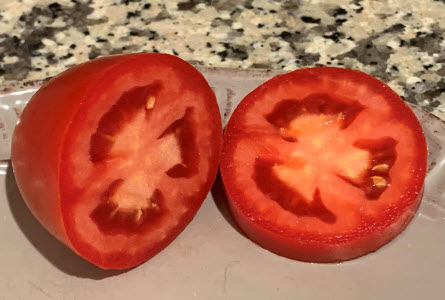Click below to listen to my 2 min. Garden Bite radio show/podcast: GMOs and more
Earlier this week I discussed seed terminology and briefly talked about GMO’s and GE’s. I offer a little more clarification on today’s Garden Bite. This is a big topic and I have links to more information below.
First, modifications, genetic mutations take place in every living thing naturally. When 2 people have a baby, there’s some mutation going on. Not sure that’s real romantic but you catch my drift.

Hybridizers have been modifying plants since agriculture began, it used to take 6 to 10 generations to change characteristics.
Modern hybridization speeds up that process considerably. Using a method of controlled crossing devised by Charles Darwin and Gregor Mendel in the mid-19th century, plant breeders can now produce seed that combines the desired traits of two pure parent lines in the first generation. This creates a new variety known as an “F1 hybrid.” To create F1 seed, seed companies grow two parent lines in the field each year, designate the male and female parents, carry out pollination under controlled conditions?—?such as hand-pollination under row cover?—?and then harvest seed from the females. The main reasons include disease resistance and growth.

GE, Genetically Engineered, varieties are created in a lab using highly complex technology, such as gene splicing. These high-tech GE varieties can include genes from several species?—?a phenomenon that almost never occurs in nature. It includes the introduction of a bacteria into a plant for specific pest resistance.
There can be good things to say about GMOs, I can hear the uproar already, but there’s just so much we don’t know and that’s what’s scary.
More information:
North Carolina Extension – What’s the Difference between GMO and GE
